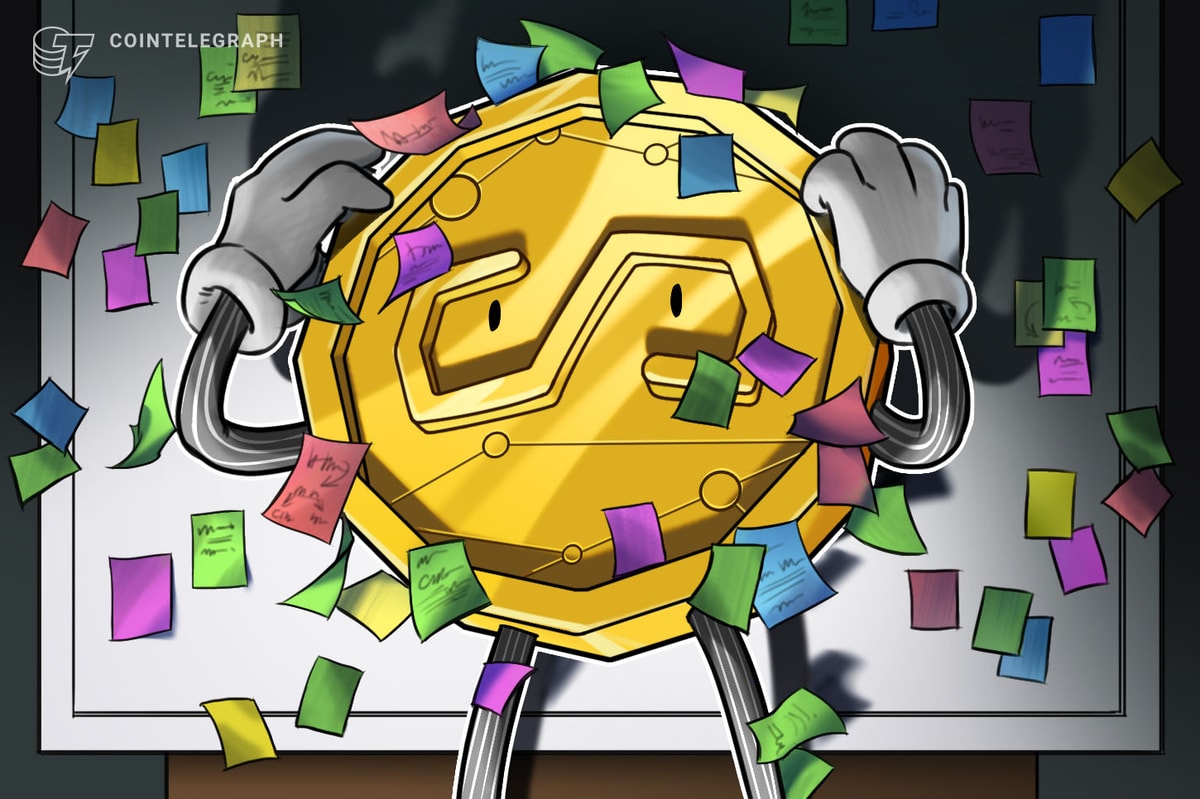Greece continues to slowly push its way into the burgeoning artificial intelligence scene in Europe, announcing new plans to build a data center in the country.
On Sept. 12, the Paris-based company Data4 said it plans to invest nearly 300 million euros ($331 million) in developing a new data center hub in Paiania, an area just outside the Greek capital, Athens.
Bloomberg reported that Olivier Micheli, the CEO of Data4, said the firm is currently in negotiations with existing lenders and local Greek banks to fund the project. Micheli said that the new site would be a “significant contribution to the local economy and digital ecosystem.”
The company manages multiple data centers in six European countries (including Greece) and has a €7 billion investment target for expansion by 2030. It has the capacity to develop two additional centers in its forthcoming Greek hub for an additional €200 million.
However, Micheli said the additional investments are still being negotiated with local authorities.
Why data centers?
Data centers are typically large facilities equipped with vast computing resources to power heavy workloads.
In the crypto space, this is seen with Bitcoin (BTC) mining plants. Such facilities are typically located in places where energy is cheap — like Siberia — which helps make maintaining such an energy-hungry operation more cost-efficient.
The world’s most powerful AI models — such as OpenAI’s GPT-4 or Anthropic’s Claude — require large amounts of computational power in order to operate at such a high level.
As these models become increasingly integrated into modern life, data centers will play a crucial role in supplying the necessary power for them to function effectively.
Related: Converting mining sites to AI data centers isn't seamless: Sabre56 CEO
Major AI developers like Microsoft have been pouring in investments in data centers and AI-related initiatives across Europe. In February 2024, the company announced a $2 billion investment in Spain to develop AI data centers.
Europe’s energy and AI scene
However, data centers don’t come cheap when it comes to energy and many key locations in Europe aren’t known for the lowest of energy prices.
According to data from Eurostat, between 2021 and 2023, electricity prices for non-household consumers in Europe have skyrocketed. Although there was a slight dip in the second half of 2023, energy still isn’t coming cheap.
Source: Eurostat
The EU average price in the second half of 2023 was c, Greece finds itself on the higher end of prices with just over €0.15 per kWh.
Source: Eurostat
Despite Europe’s costly energy situation, the continent has taken a proactive stance when it comes to preparing the region for AI developments - for better or worse.
This year legislators across the EU signed their EU AI Act into law, which came into effect on Aug. 1. The AI Act regulates the development and deployment of AI systems within the region, to which Greece would be subject.
In October 2023, the Greek government established an AI advisory committee to create a national strategy, composed of some of the country’s top tech, ethics and science professionals.
However, the EU’s policies have already faced pushback from large tech developers seeking to launch their products in the area. In August, tech firms penned a letter to EU lawmakers asking for more time to comply.
Prior to that, in July, Meta said that it would not be launching its new AI products in the EU, citing “regulatory uncertainty.” Apple just released its latest iPhone 16 on Sep. 6, which is equipped with new AI features that were left out of EU-based models.
Magazine: AI may already use more power than Bitcoin — and it threatens Bitcoin mining











